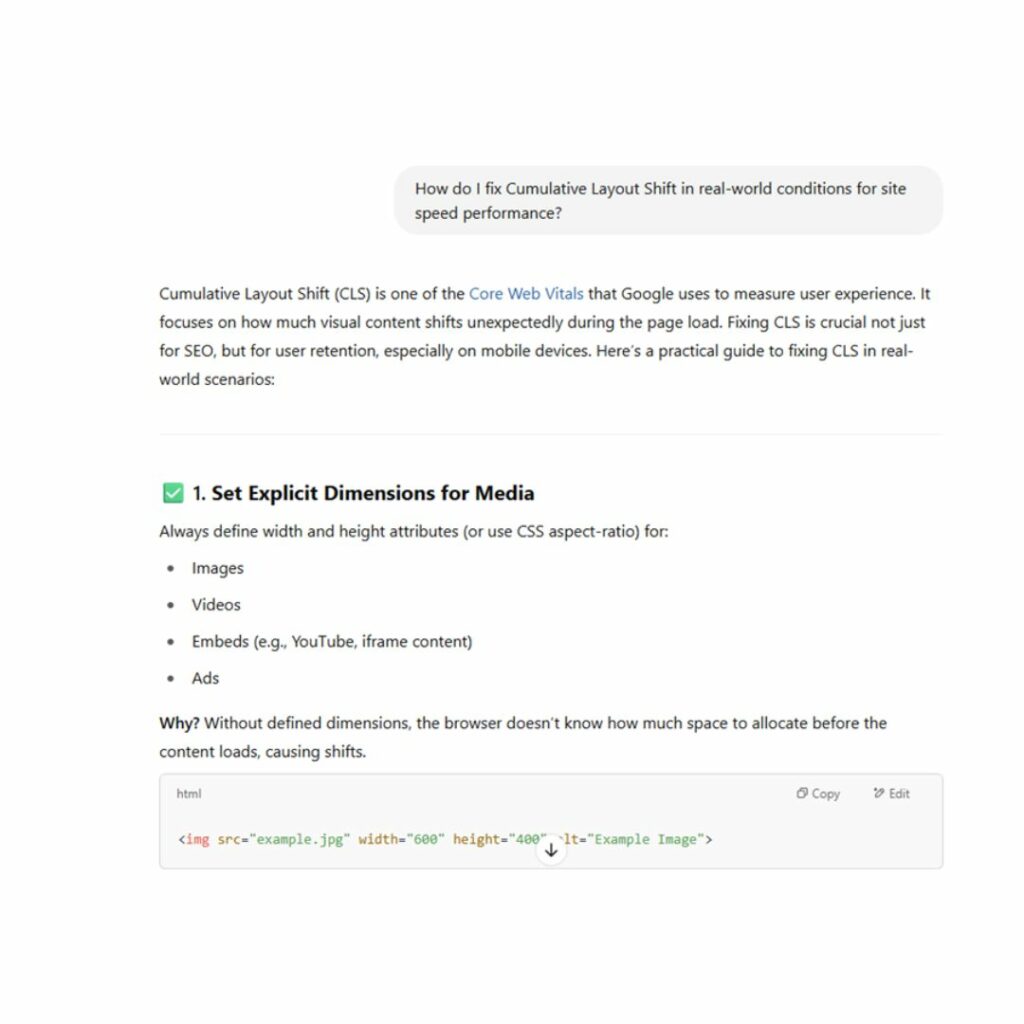
The Art of Research: Techniques and tips to assist the process
June 13, 2025 Posted by Maisie Lloyd News 0 thoughts on “The Art of Research: Techniques and tips to assist the process”Do I need to research when copywriting?
Research is a critical step in the process of content creation, whether it’s finding inspiration whilst ideating or gathering statistics that will inform your discussion. Having research materials can majorly benefit you and the quality of your content.
Research is so important. Eugene Schwartz famously said that effective copywriting is 80% research and 20% writing, showing just how much groundwork goes into crafting the perfect message.
What does research help with?
It ensures you can understand a subject, create well-informed and factual content, and gain insight into how others approach the same topic. You’ll start to notice how others structure similar content and where gaps exist, giving you the chance to identify niches or perspectives that make your own content stand out.
The bottom line: why research is critical
Research transforms assumptions into intelligence, helping you understand who you’re speaking to, what they care about, and how they think. It’s the difference between shotgun messaging and sniper‐targeted persuasion. Skipping it risks wasting resources—and worse, selling nothing.
Are there different types of research?
Yes. There are three core types of research that support content creation:
Primary Research is the process of collecting data for yourself. It allows you to directly ask the audience for their response, usually through polls, interviews, or focus groups. It’s useful when you want tailored, specific insights to shape your message.
Secondary Research can be internal or external. Internal research involves analysing historic data or reports your business already holds, while external research draws from sources like studies, quotes, statistics, infographics, or reputable articles. These materials help reinforce your message with context and credibility.
Tertiary Research summarises information from both primary and secondary sources. While it doesn’t offer deep analysis, it’s useful for quick referencing or to confirm key terms. Examples include encyclopedias, dictionaries, and thesauruses.
What is the best approach to researching?
As you begin the process of ideating, this is the perfect moment to start exploring. Your topic—and your eventual content—can end up being strongly shaped by what you discover during this phase.
If you’re unsure whether a subject will resonate with your audience, this is the time to dig into audience research and validate its relevance. Once you feel confident in your idea, widen your scope. Look beyond search engines—use books, research journals, industry publications, and competitor content. Diversifying your sources strengthens your perspective and helps you avoid generic or outdated information.
When your topic is set, you can move into keyword research. At this point, your focus shifts to identifying core and supporting keywords, along with long-tail variations that help optimise your content for searchability and audience intent.
Final Thoughts
Good copy doesn’t begin with writing—it begins with listening, observing, and investigating. Research is what turns creative instincts into strategic decisions. By building your process around it, you’re not just producing content—you’re crafting content with purpose.
So before you write, take time to explore. You might just uncover the insight that transforms your next piece from ordinary to unforgettable.














